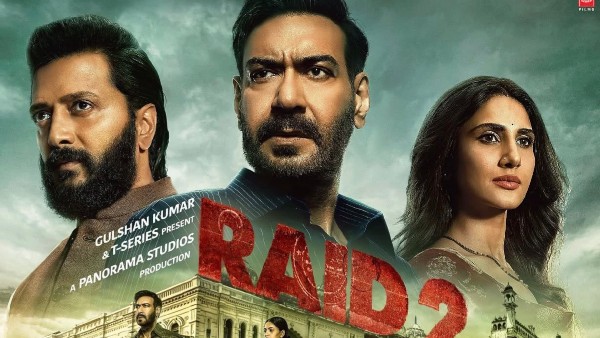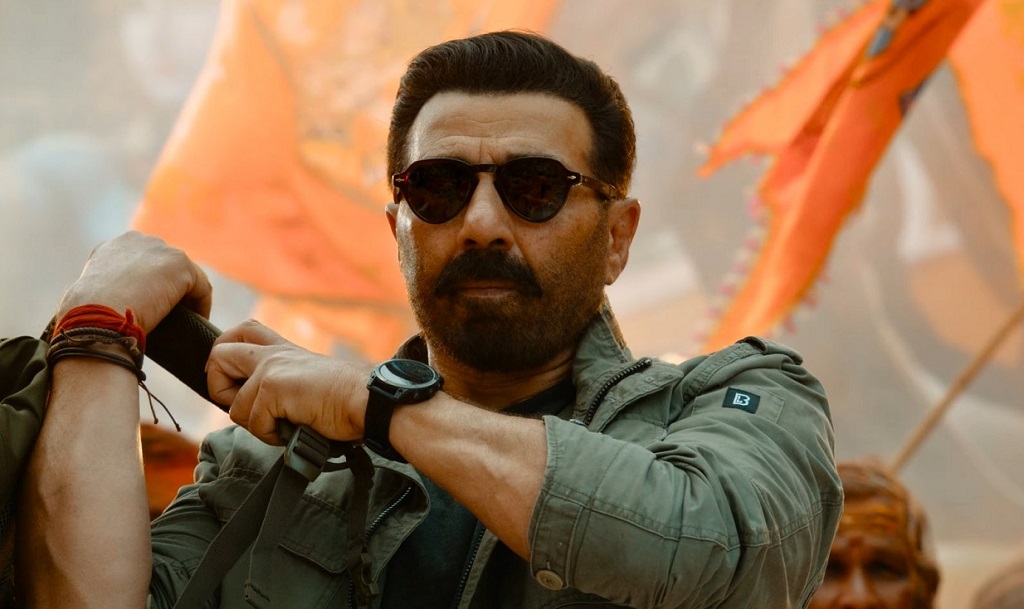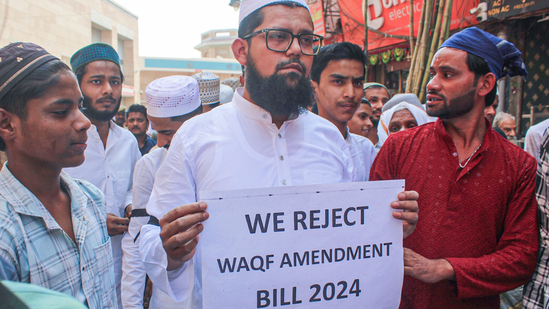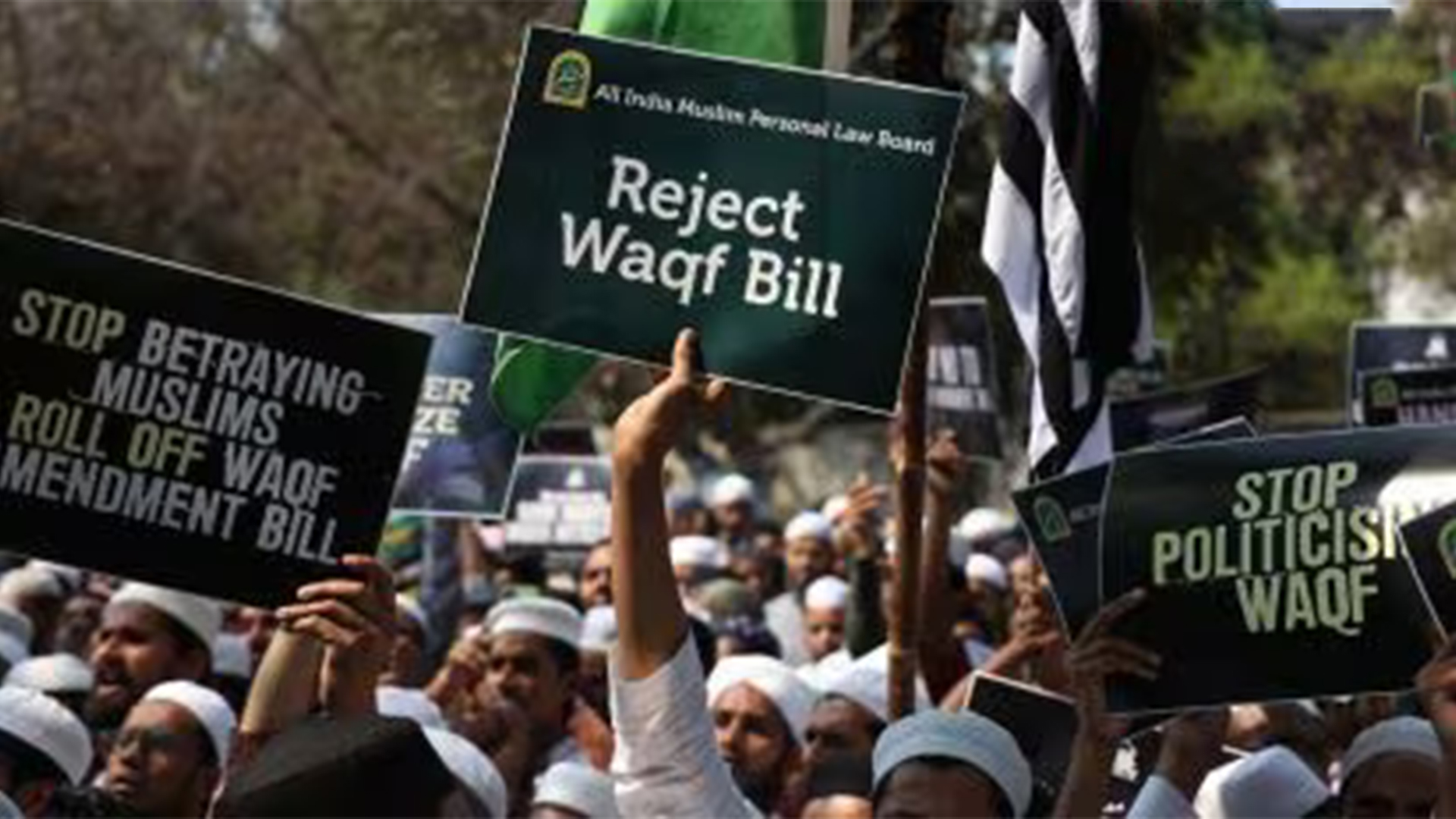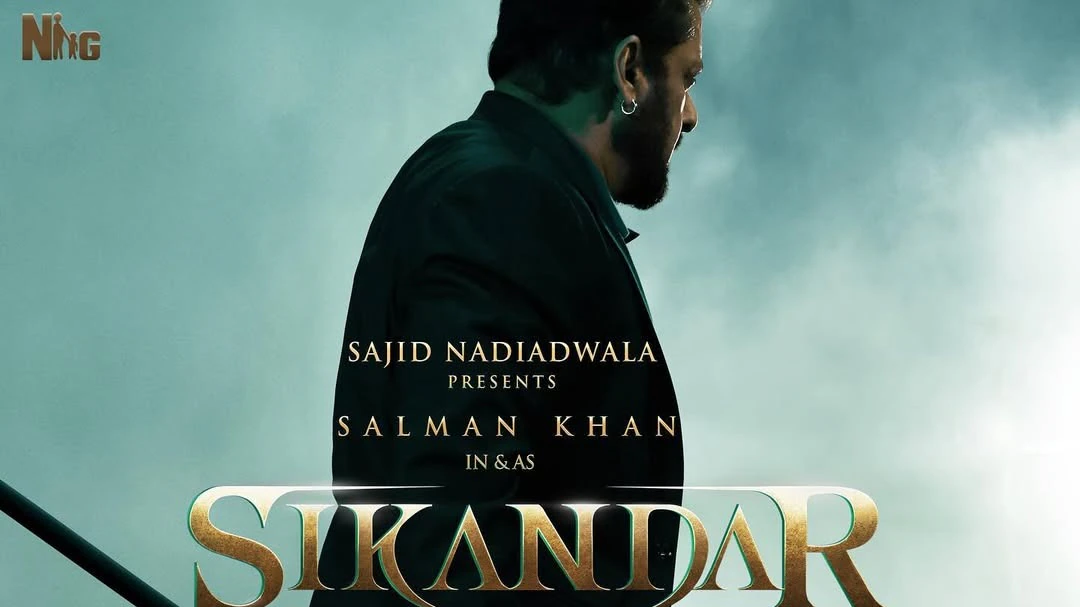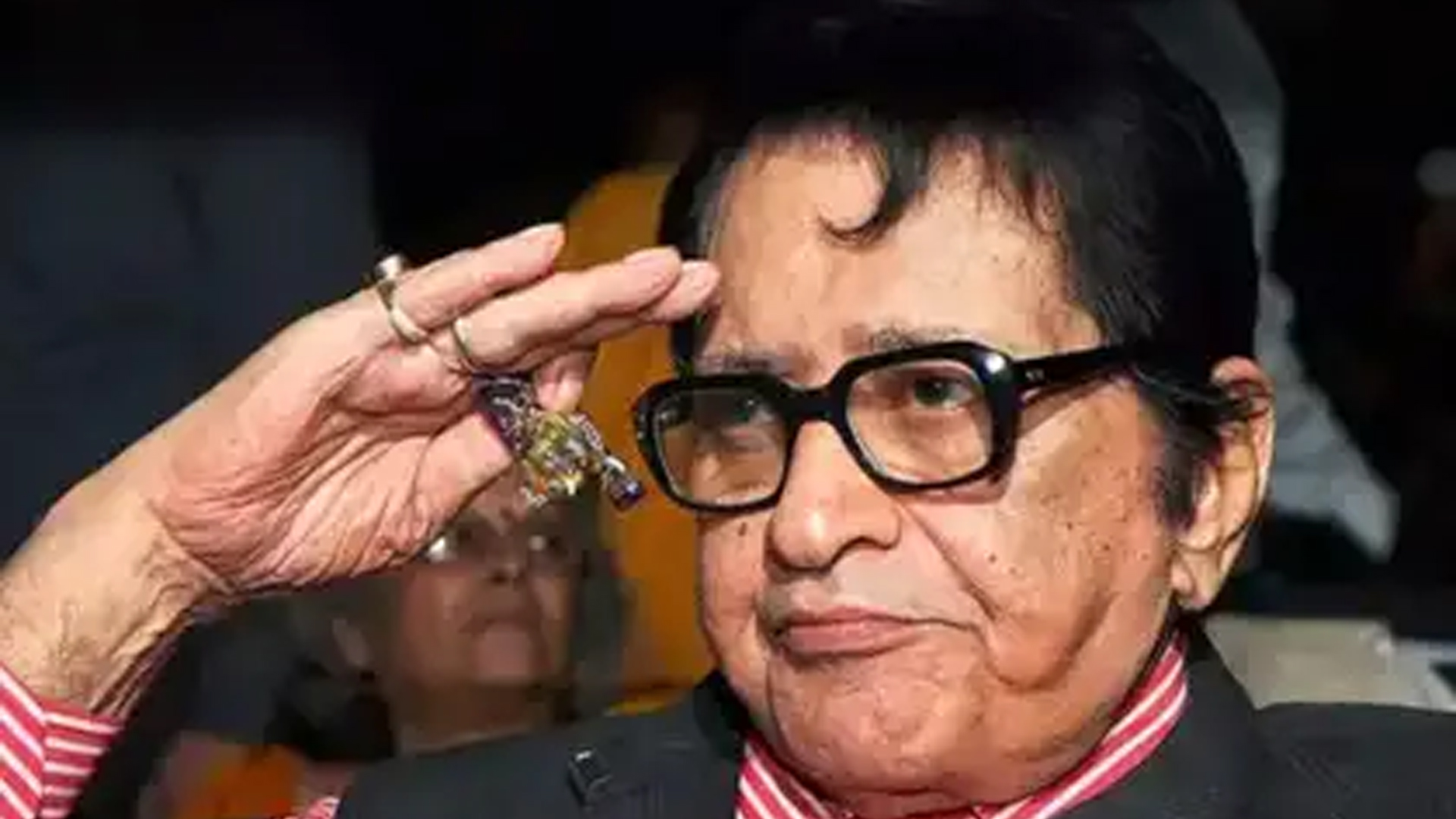
Bollywood has lost one of its most revered actors, Manoj Kumar, who passed away at the age of 87 in Mumbai. The veteran actor, known for his deep-rooted patriotism reflected in his films, breathed his last at Kokilaben Dhirubhai Ambani Hospital at 3:30 am on Friday due to heart-related complications. According to the official medical certificate, liver cirrhosis was listed as a secondary cause of death. His departure marks the end of an era in Indian cinema, leaving behind a legacy that will continue to inspire generations.
A Journey from Abbottabad to Bollywood Stardom
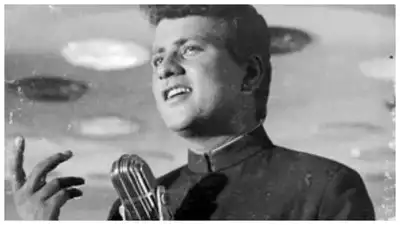
Manoj Kumar, originally named Harikrishan Goswami, was born in Abbottabad, British India (now in Pakistan) in 1937. During the Partition, his family migrated to India, settling in Delhi, where he pursued his studies at Hindu College, University of Delhi. Even as a young man, he was deeply influenced by nationalist ideals, which later found expression in his films.
His Bollywood journey began in 1957 with the film Fashion, but his breakthrough came in 1961 with Kanch Ki Gudiya. His career gained momentum with the 1965 thriller Gumnaam, one of the highest-grossing films of that year. However, it was his role in Shaheed (1965), where he portrayed freedom fighter Bhagat Singh, that cemented his place in Indian cinema. The film’s powerful storytelling and patriotic fervor resonated deeply with audiences.
The Rise of ‘Bharat Kumar’
Manoj Kumar’s association with patriotism in cinema reached new heights with Upkaar (1967), which he not only acted in but also directed. The film was inspired by Prime Minister Lal Bahadur Shastri’s ‘Jai Jawan Jai Kisan’ slogan and became a massive success. His subsequent films, Purab Aur Paschim (1970) and Kranti (1981), reinforced his reputation as the face of nationalist cinema. These movies, infused with patriotic themes, struck a chord with audiences, earning him the affectionate title ‘Bharat Kumar.’
Besides acting, he proved his directorial prowess with Shor (1972), a film that combined emotional depth with social commentary. Another milestone in his career was Roti Kapada Aur Makaan (1974), which explored the struggles of the common man and won him the Filmfare Award for Best Director.
Tributes Pour In for the Legendary Actor
Following his passing, tributes from political leaders, film personalities, and fans flooded social media. Prime Minister Narendra Modi shared heartfelt condolences, calling him an icon of Indian cinema whose work ignited national pride. He emphasized that Manoj Kumar’s cinematic contributions would continue to inspire generations.
Union Minister Rajnath Singh described him as a versatile actor who enriched Indian culture with his patriotic films. Renowned filmmaker Vivek Ranjan Agnihotri hailed him as a visionary director and a staunch nationalist, emphasizing his impact on Indian cinema.
Honors and Recognition
Manoj Kumar’s immense contribution to Indian cinema was acknowledged with numerous awards and honors. In 1992, he received the Padma Shri for his contributions to the arts. The Filmfare Lifetime Achievement Award was bestowed upon him in 1999, celebrating his decades-long impact on Bollywood. The highest recognition came in 2015 when he was honored with the Dadasaheb Phalke Award, India’s most prestigious award in cinema, for his invaluable contributions.
A Foray into Politics
In addition to his illustrious film career, Manoj Kumar ventured into politics. Ahead of the 2004 general elections, he joined the Bharatiya Janata Party (BJP). Though his active political involvement remained limited, his alignment with nationalist ideals was evident in both his films and his public life.
Remembering Manoj Kumar: A Legacy That Lives On
Manoj Kumar’s contribution to Indian cinema extends beyond just acting and directing; he symbolized the patriotic spirit of a generation. His films were not just entertainment but a reflection of the socio-political landscape of the time. His dialogues, music, and storytelling had a lasting impact, making him a household name in India.
Even in his later years, despite battling health issues, he remained a revered figure in Bollywood. His influence can be seen in the work of many contemporary filmmakers who continue to draw inspiration from his storytelling style and thematic choices.
As the nation bids farewell to one of its most cherished actors, his cinematic legacy remains immortal. The songs of Upkaar, the dialogues of Purab Aur Paschim, and the historical grandeur of Kranti will continue to resonate with audiences. His journey from a young boy in Abbottabad to becoming the face of Indian patriotism in cinema is a story that will inspire generations to come.
In his own words from Upkaar, “Mere desh ki dharti sona ugle, ugle heere moti” — a sentiment that defined both his films and his life.
Om Shanti.
Stay Updated With All The Latest News www.jantrends.in





